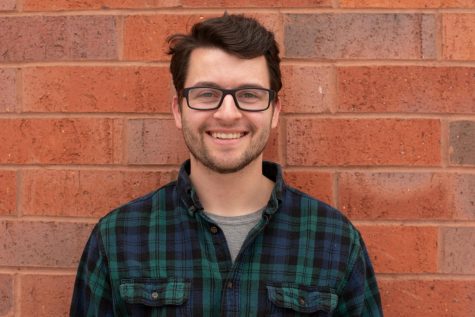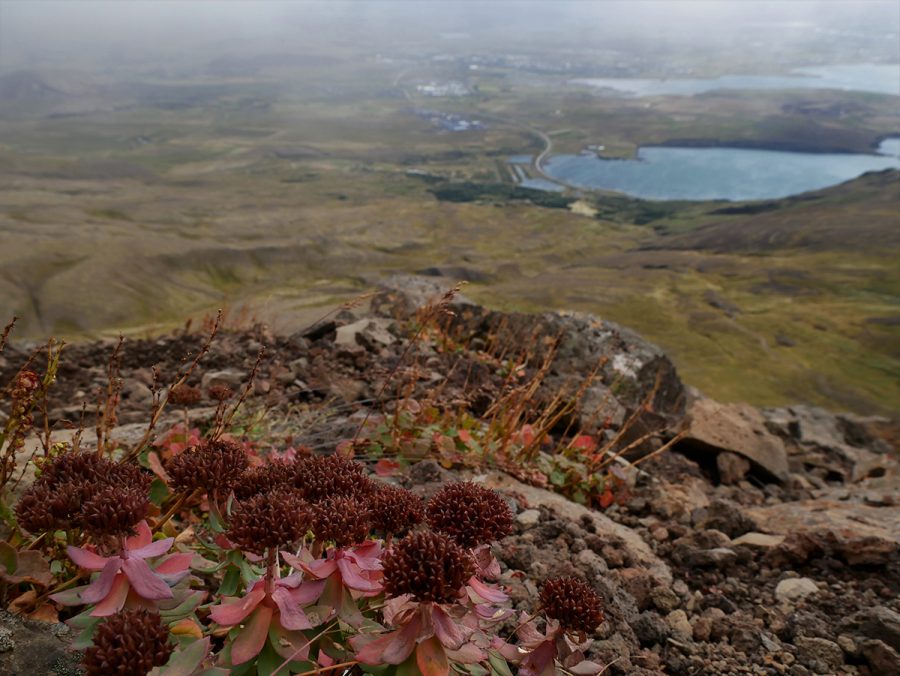The “someday” mindset
Bucket-Lists are limiting and romanticizing of goals we should be pursuing.
Photo by Will Seward
Flowers near the peak of Mount Esja, overlooking the base of the mountain.
Okay, hear me out. I admire — and am guilty of — finding and dreaming of things I want to do.
I need to make it clear before I say anything else that I am not saying we all just commute to and from school or work, or whatever other responsibilities we have, and live life not doing these exciting things that are common bucket-list items. In fact, I am arguing just the opposite.
What I am saying is that there is no magic to bucket-lists. I personally believe they serve no purpose other than to make us feel better about not doing things or working on the ability to do them in the future.
If you put something on a list for “someday” do you really care enough to do it on “someday”? “Someday” could be tomorrow, but no one is taking the time or conscious effort to figure out when “someday” is.
Now, I understand not everyone can just get up and climb a mountain tomorrow, but everyone can take steps towards the ability to plan it.
Recently, after a lot of hard work, planning and saving, I went to Iceland to do things I have wanted to do for a long time. Visiting the capital city of Reykjavik was part of that, but more importantly, to climb a mountain — two, in fact.
And that’s when I realized that as a society, we put way too much thought into what we want to do, and not enough on how to go about doing those things. If you want to climb a mountain — figure it out. It doesn’t have to be on a different continent or something that requires special training and equipment.
There was nothing inherently special about Mount Esja — the mountain that, personally, meant a lot to me to climb. The peak I went to, called Þverfellshorn (phm-air-feltes-horte), was only 2,756 feet in elevation. I went up to the peak and back down while shooting over 300 digital and film pictures in under six hours. Most people take about three to four hours.
What made it special to me is simply that I did it. Esja is the first mountain I climbed by myself, from bottom to peak. I even left a poem in the metal box at the top, so if you’re ever in Iceland, check it out.
But really, stop thinking about what you want to do, saying you will someday, and instead think about what you want to do next and how to do whatever it is.
As Congratulations Podcast host Chris D’Elia, on episode #135 titled Life Rips said, “What’s this whole ‘before I die’ (stuff)? Just go do it. People make everything way more dramatic than it needs to be… just (expletive) go. Why are you mentioning death?”
I really think that once we start thinking about how to do whatever it is we want to, as opposed to what we want to do, we can live much more exciting and fulfilling lives, creating lifetime memories for our future while we still can.
In contrast, some would argue there are good reasons for bucket-lists.
“Your bucket list gives you some direction in life,” said Ashley Bowden, writing for The Odyssey. “It helps to guide you towards new things and new experiences.”
On paper, I would go so far as to agree with this. If you are using a bucket-list to guide you in your priorities of what you want to do next — by all means, keep it up. However, I think that as a society, we have begun using bucket-lists as a “someday” as opposed to a “what’s next.”
So, put aside your bucket-list, and start working on your next-big-plan-list.
Seward can be reached at sewardwv9140@uwec.edu

Will Seward is a fourth-year creative writing major, minoring in physics and chemistry. Alongside The Spectator, he is also a co-host for Blugold Radio Sunday's shows: Blugold Literary Broadcast and How'd You End Up Here? Outside of these roles, he enjoys typewriters, photography and petting dogs.


